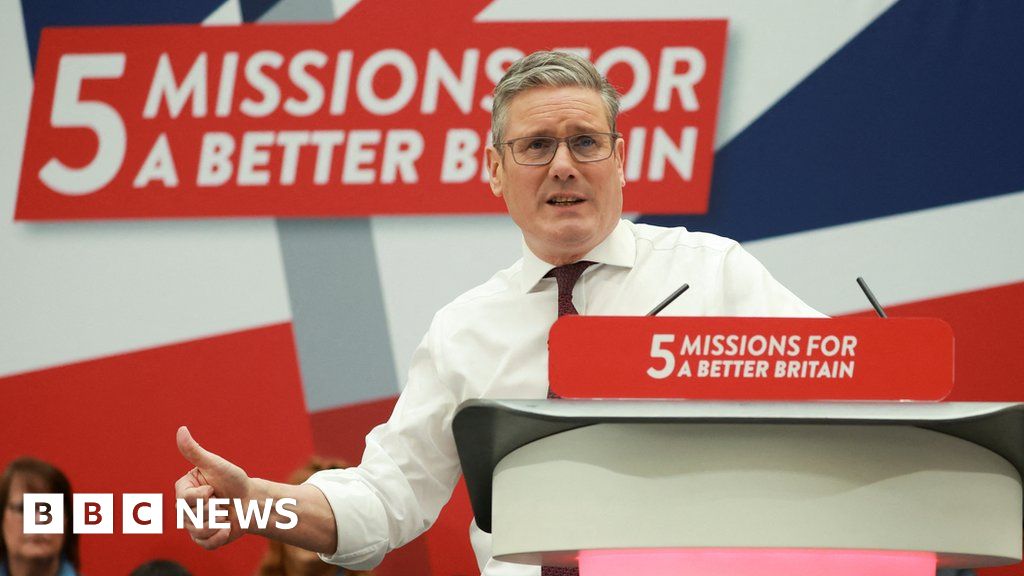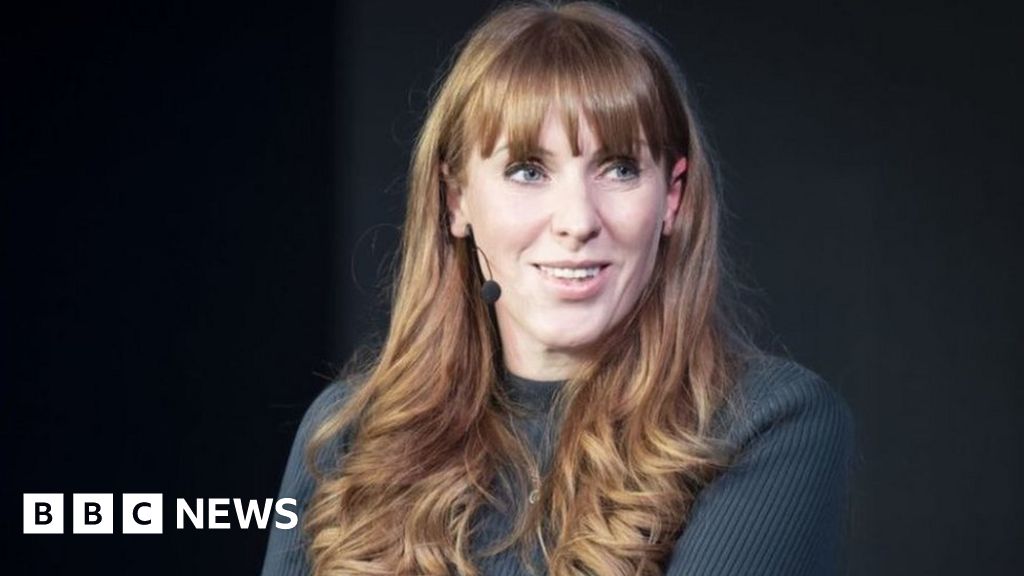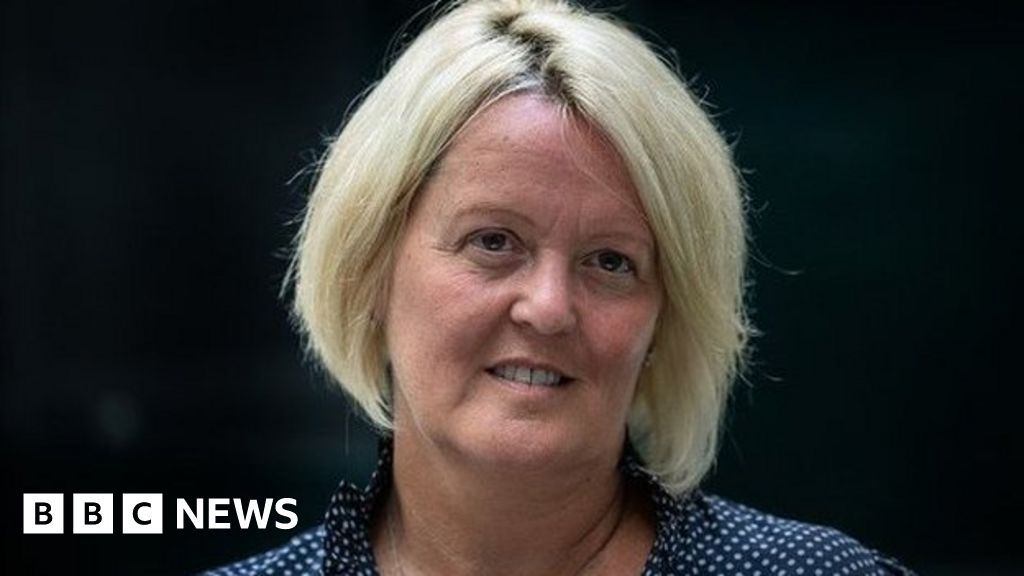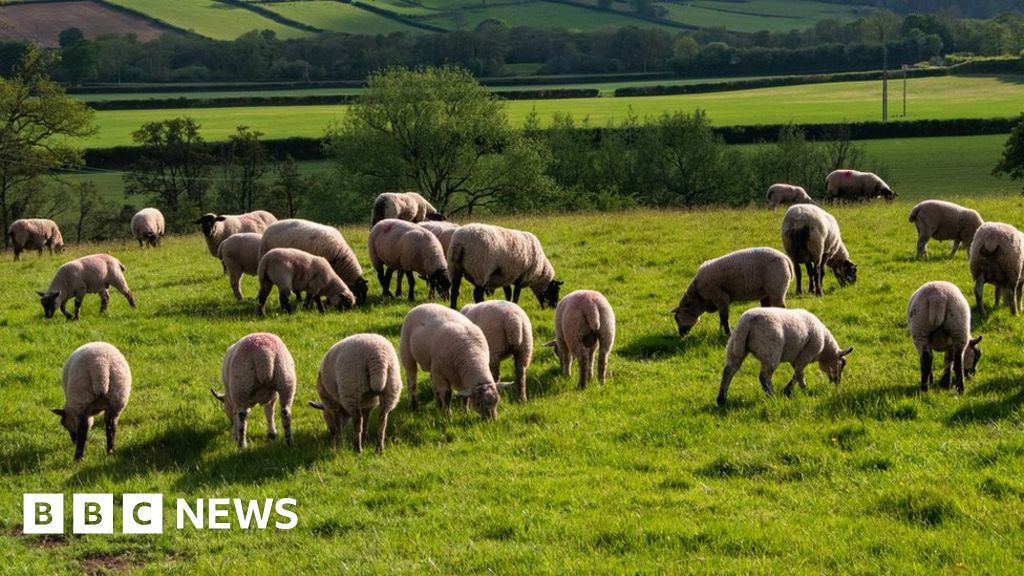[ad_1]
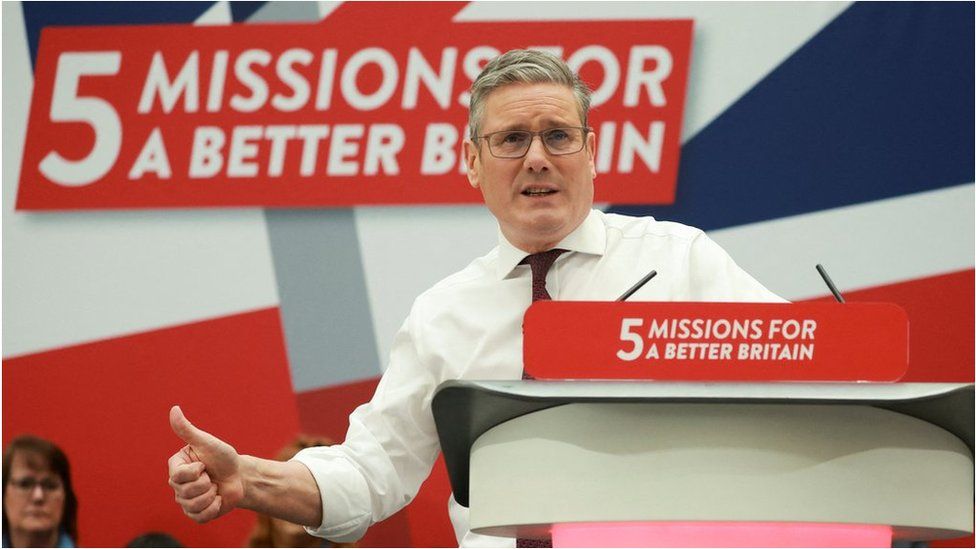
Labour leader Keir Starmer set out his five missions for government on Thursday.
We’ve been looking at some of the claims made in his speech.
‘If growth over the last 13 years had been as strong as under the last Labour government, we would have £40bn extra to spend’
Growth has certainly been slower in the last 13 years than it was in the previous 13 years, when the Labour Party was in power.
Between 1997 and 2010, the economy grew at an average of just under 2% a year.
Labour’s argument is that, had growth kept going at that rate (instead of at just below 1.5% a year) the economy would be bigger and the government would take more in taxes.
Using that method you can come out with that overall figure of about an extra £40bn in the tax take.
So, it is correct to say that had the economy kept growing at the rate seen before 2010, the government could have tens of billions more to spend now.
However, whether all of the differences in growth rates seen over the last 26 years are down to the decision of the governments of the time is a more contentious question.
The sluggish growth seen during the 2010s was not a problem unique to the UK, for example, and all economies faced challenges due to Covid.
‘The worst decade for growth in two centuries’
UK economic growth was indeed very poor between 2010 and 2019, with total growth of just over 20%.
But that wasn’t as bad as the decade around World War One, for example. Between 1917 and 1926 the economy contracted by almost 10%.
It wasn’t looking at all decades, but at the 10 years after a recession.
It found that the period 2009-2019 had been similar to the decade after 1921, but worse than all other recovery periods since 1808.
However, that’s not the same as it being the worst decade of growth in two centuries.
‘Zero-carbon British electricity by 2030… will put us ahead of any major economy in the world’
It means Labour is taking a more challenging target than the Conservatives. Boris Johnson announced when he was prime minister in October 2021 that UK electricity would come from clean sources by 2035.
Sir Keir is right that no other major economy is matching the 2030 target. The G7 group of big economies, for example, has pledged to “predominantly” decarbonise electricity by 2035.
‘These missions… will be measurable, so we can track progress and be held to account’
While the Labour leader repeatedly said that each of the five missions would have measurable targets, we have not yet been given any of those targets.
Even the missions that sound like they are easily measurable are more complicated than they look.
For example, the first mission is to have “the highest sustained growth in the G7”.
We know how to measure which economy has the highest growth, but Labour has declined to tell us yet how they will assess which economy has the highest sustained growth.
And measuring whether a Labour government manages to “break down the barriers to opportunity at every stage” will also be tricky.
But Labour has said it will announce the metrics in the future, so we will have to wait and see.
[ad_2]
Source link

